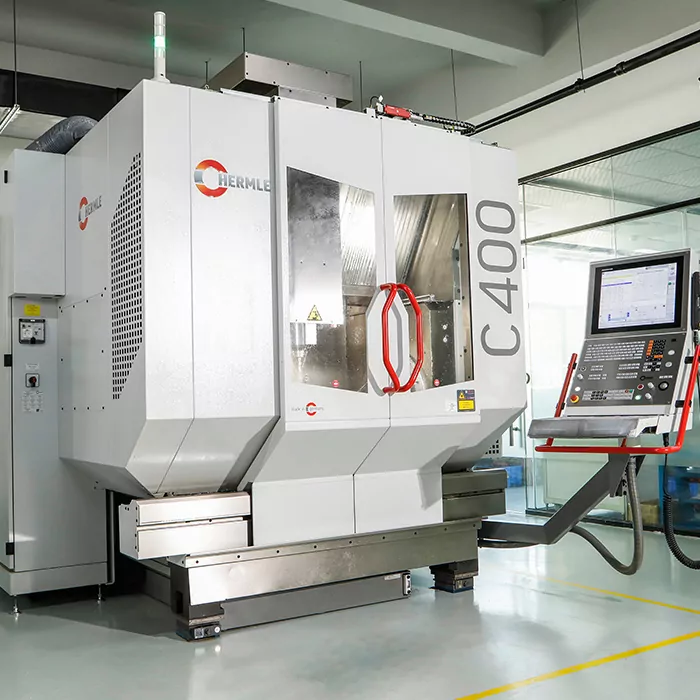Maximizing Efficiency and Cost-effectiveness through Customized Machined Parts
Body
Introduction
If you're bored, try learning about it custom machining shop.Customized machined parts play a crucial role in various industries, enabling businesses to maximize efficiency and cost-effectiveness in their operations. By tailoring parts to specific requirements, companies can optimize their processes, reduce waste, and improve overall productivity. In this article, we will explore the benefits and applications of customized machined parts, highlighting their role in maximizing efficiency and cost-effectiveness.

Enhancing Precision and Performance
One of the key advantages of customized machined parts is their ability to enhance precision and performance. By utilizing advanced machining techniques and technologies, manufacturers can produce parts with tight tolerances and superior quality. This precision ensures that the parts fit perfectly within the intended system, minimizing errors and improving overall performance.
For example, in the aerospace industry, customized machined parts are used in the manufacturing of aircraft engines. These parts need to withstand extreme conditions and operate with utmost precision. By customizing each component to meet the specific requirements of the engine, manufacturers can ensure optimal performance, reducing the risk of failures and improving fuel efficiency.
Reducing Material Waste
Customized machined parts also contribute to cost-effectiveness by reducing material waste. Traditional manufacturing processes often result in significant material wastage due to the need for standard-sized parts. However, with customized machining, manufacturers can precisely shape the parts according to the required specifications, minimizing material waste.
Consider the automotive industry, where customized machined parts are used in the production of engine components. By tailoring each part to fit the engine perfectly, manufacturers can minimize the amount of material required, reducing costs and environmental impact. This approach not only saves money but also promotes sustainability by minimizing waste generation.
Streamlining Production Processes
Customized machined parts enable businesses to streamline their production processes, leading to increased efficiency. By customizing parts to fit seamlessly into existing systems, manufacturers can eliminate the need for additional modifications or adjustments, saving time and resources.
For instance, in the manufacturing of industrial machinery, customized machined parts are crucial for ensuring smooth operations. By precisely designing and fabricating parts that integrate seamlessly with the machinery, manufacturers can minimize downtime and optimize productivity. This streamlined approach reduces the risk of errors, enhances overall efficiency, and ultimately leads to cost savings.
Enhancing Product Customization
Customized machined parts also enable businesses to offer enhanced product customization to their customers. By tailoring parts to specific requirements, companies can provide unique solutions that meet the individual needs of their clients.
For example, in the medical device industry, customized machined parts are used in the production of prosthetics. Each patient has unique anatomical requirements, and by customizing the parts to fit their specific needs, manufacturers can provide personalized solutions that enhance comfort and functionality. This level of customization not only improves patient outcomes but also strengthens customer satisfaction and loyalty.
Conclusion
Customized machined parts offer numerous benefits in terms of maximizing efficiency and cost-effectiveness. By enhancing precision and performance, reducing material waste, streamlining production processes, and enabling product customization, businesses can optimize their operations and gain a competitive edge. Embracing the potential of customized machined parts opens up new possibilities for industries across the globe, driving innovation and progress.









Comments